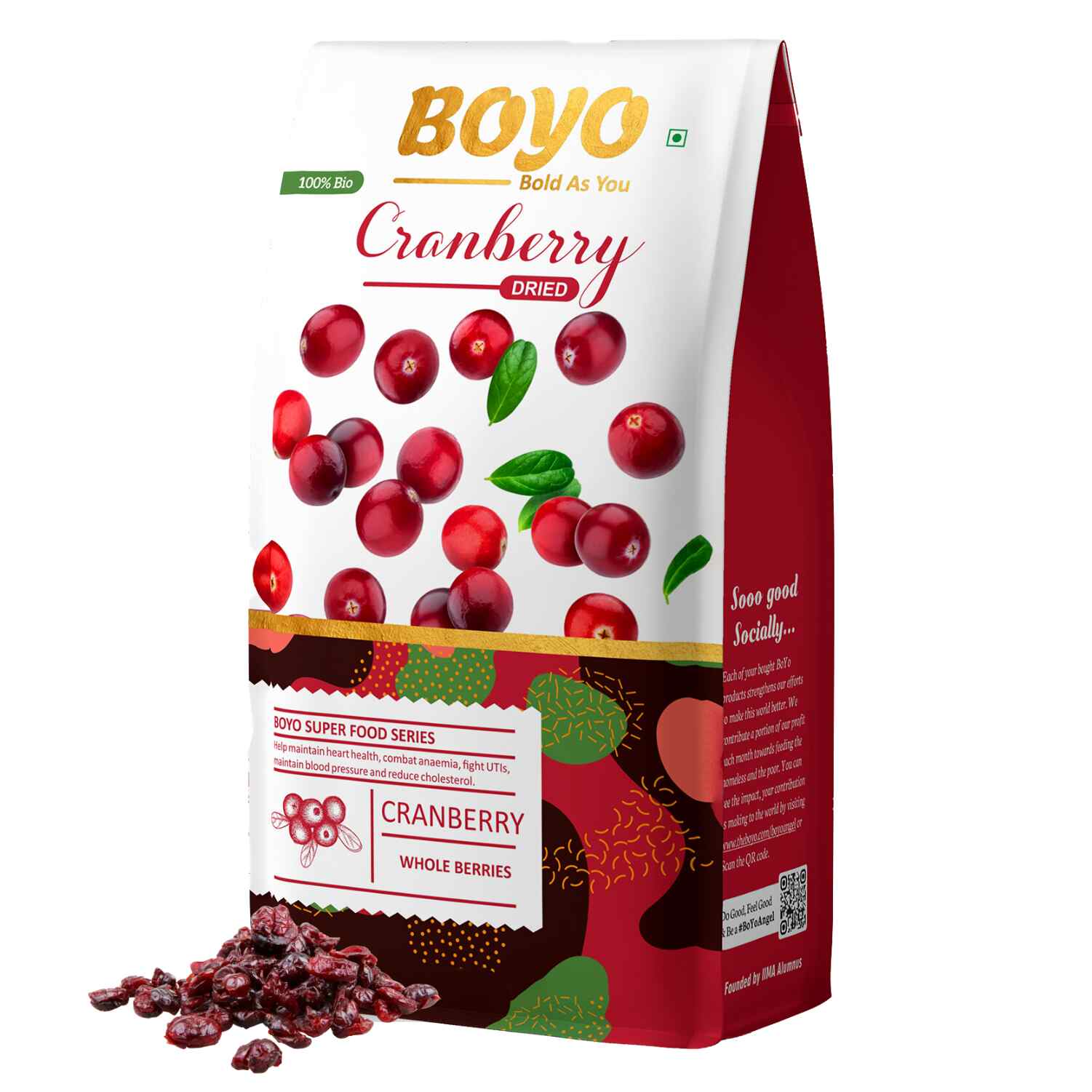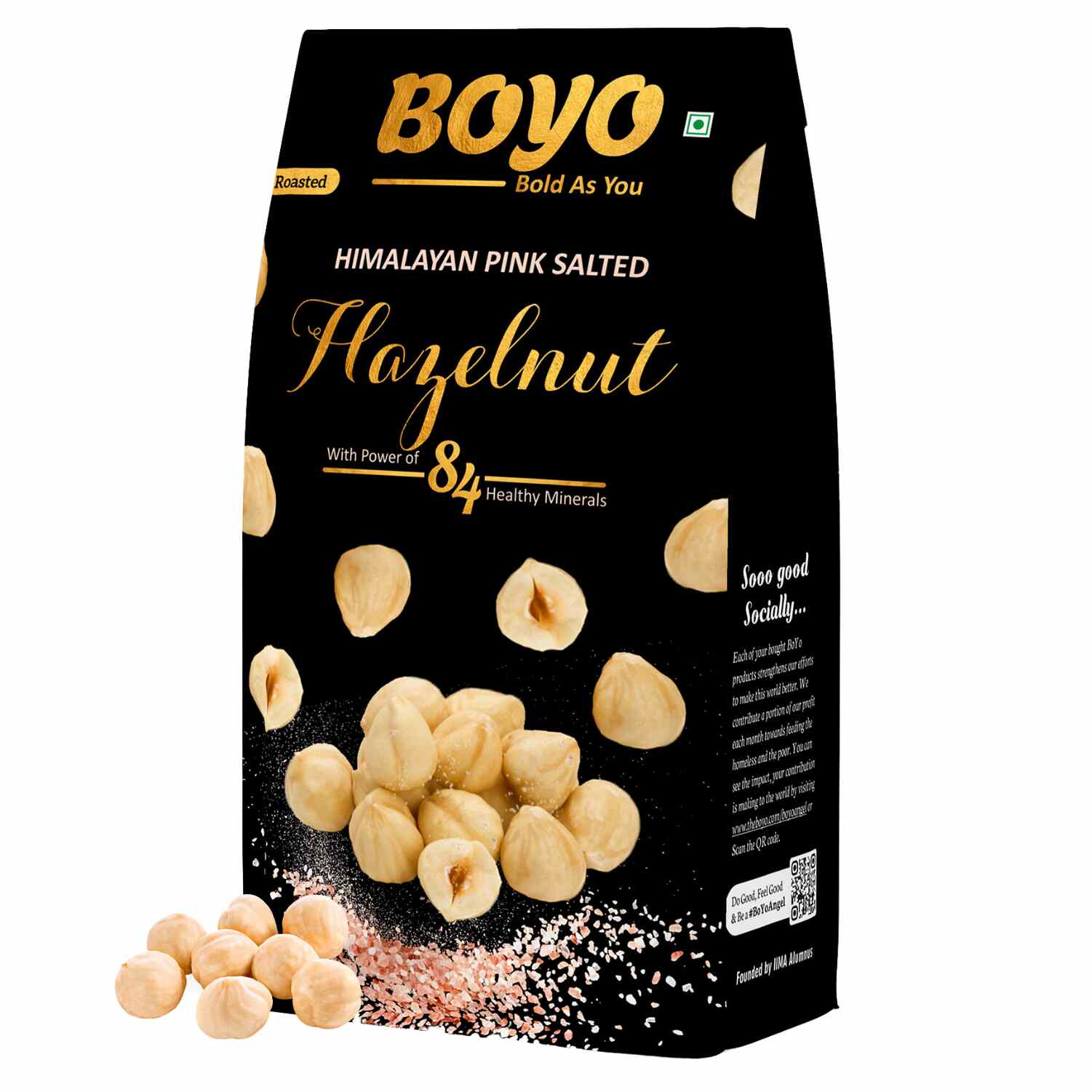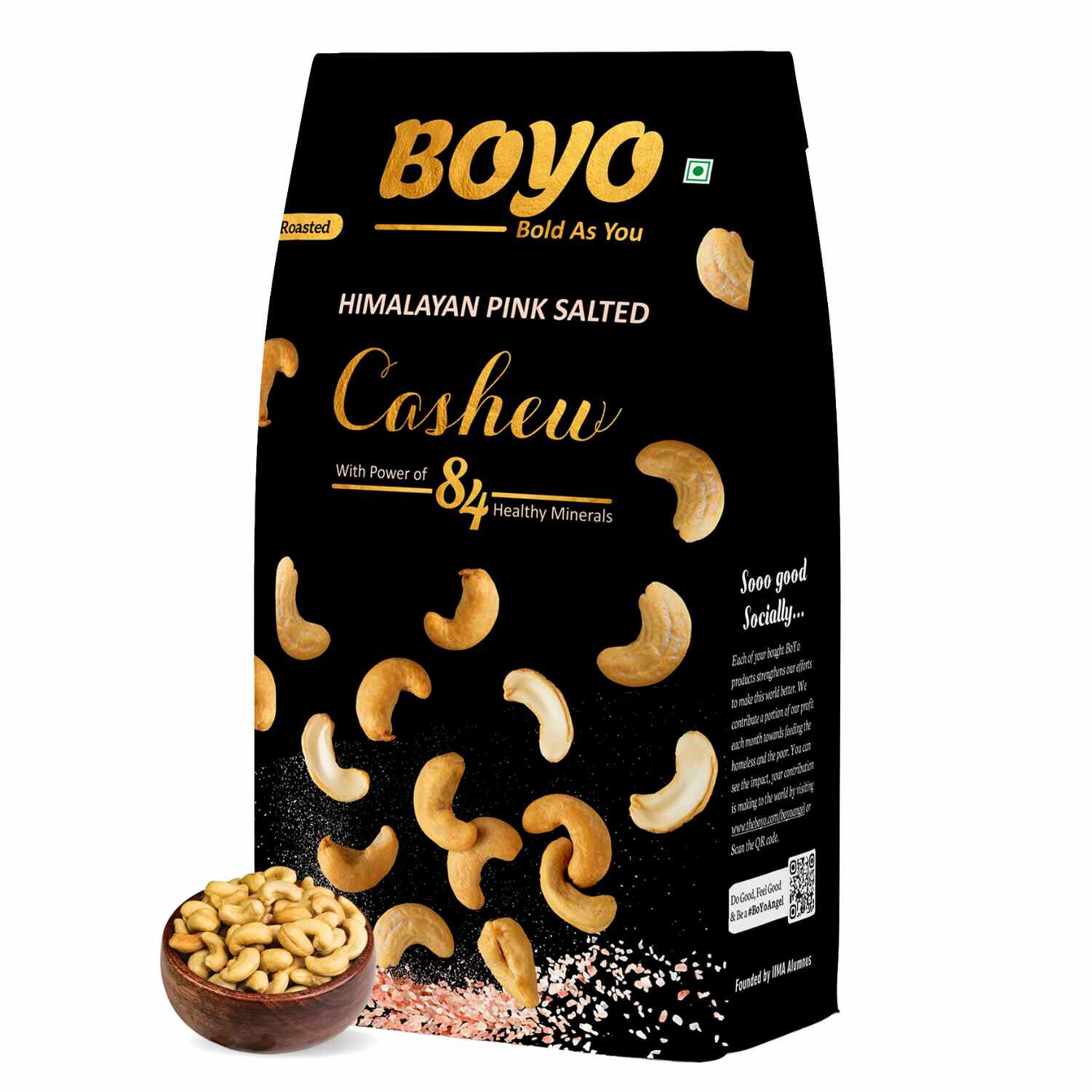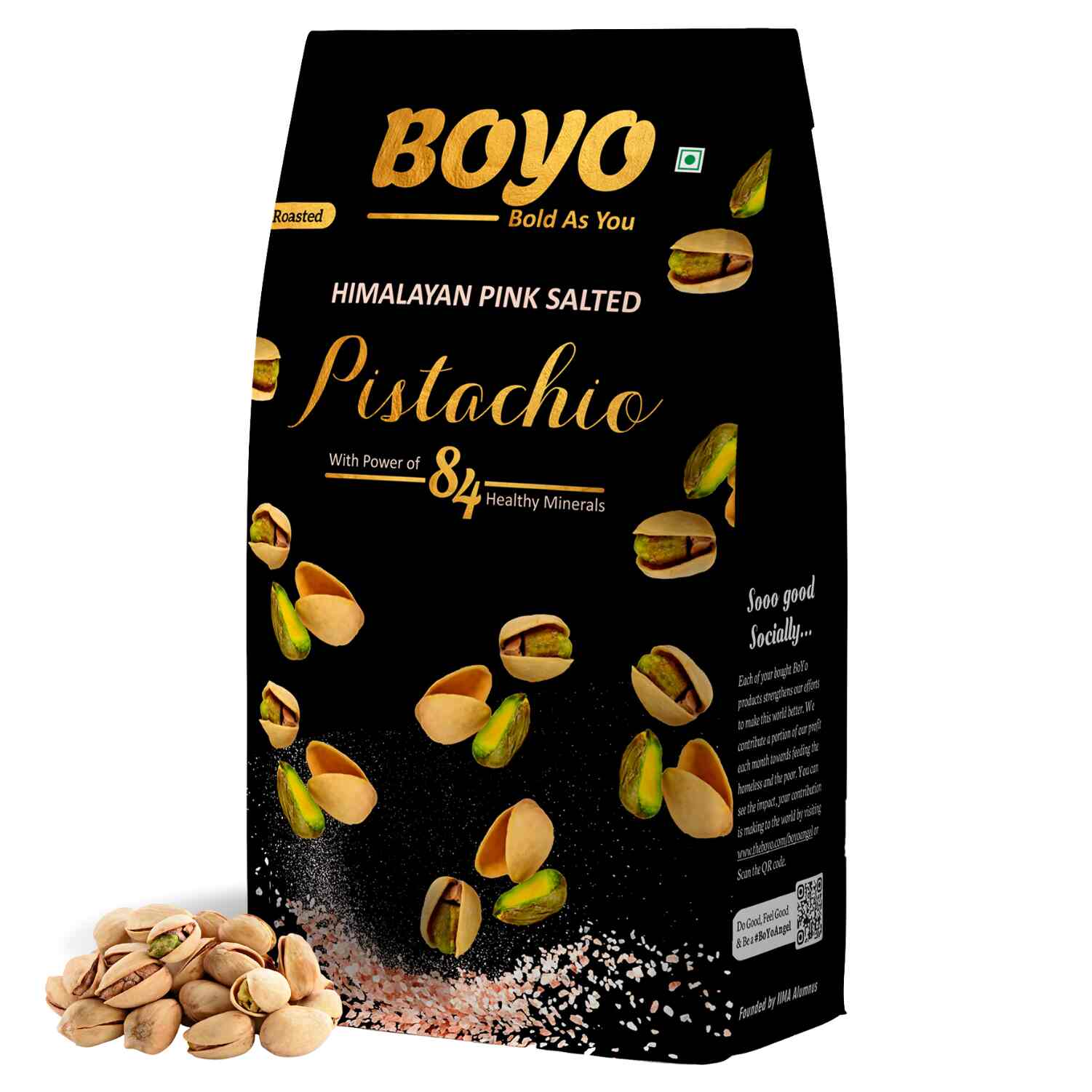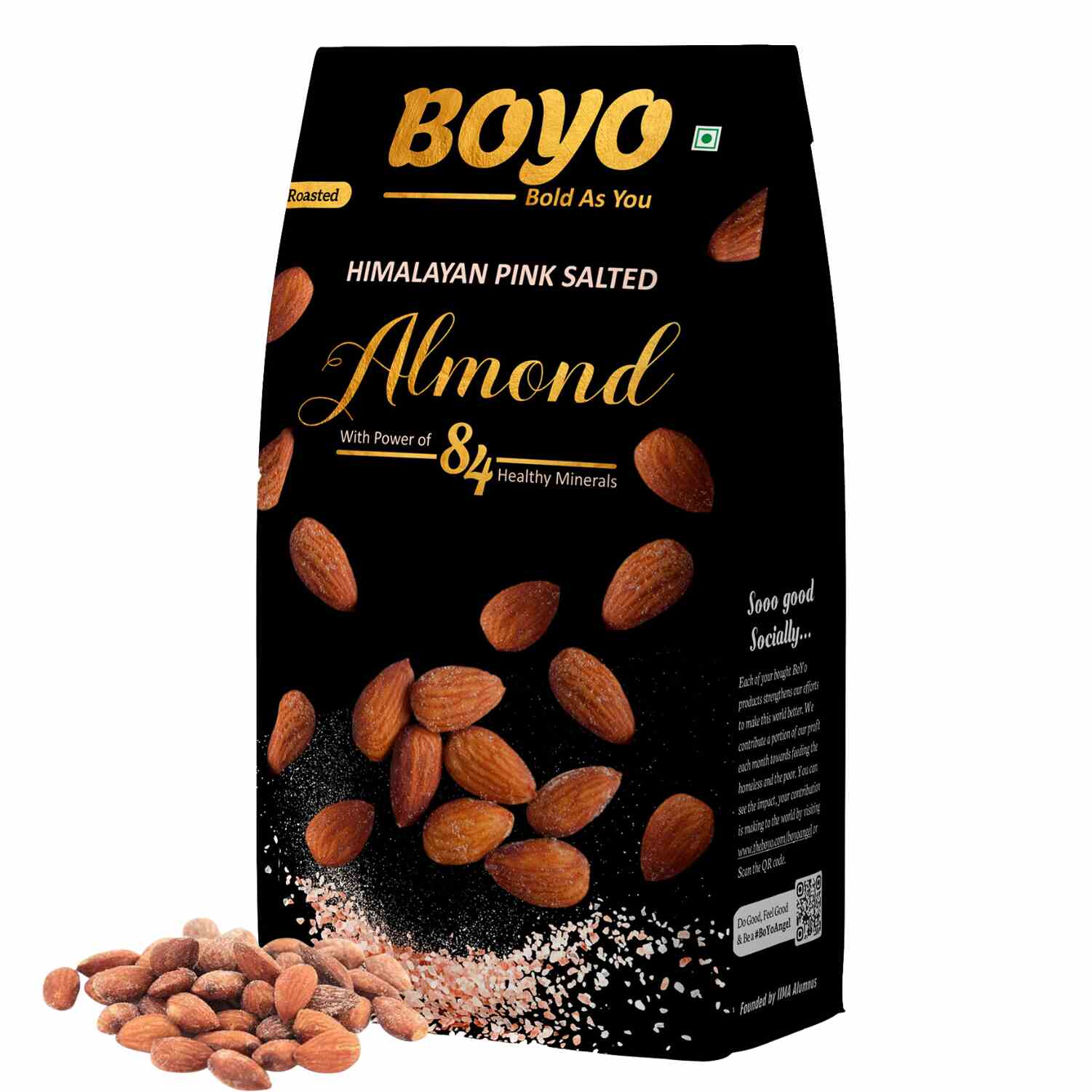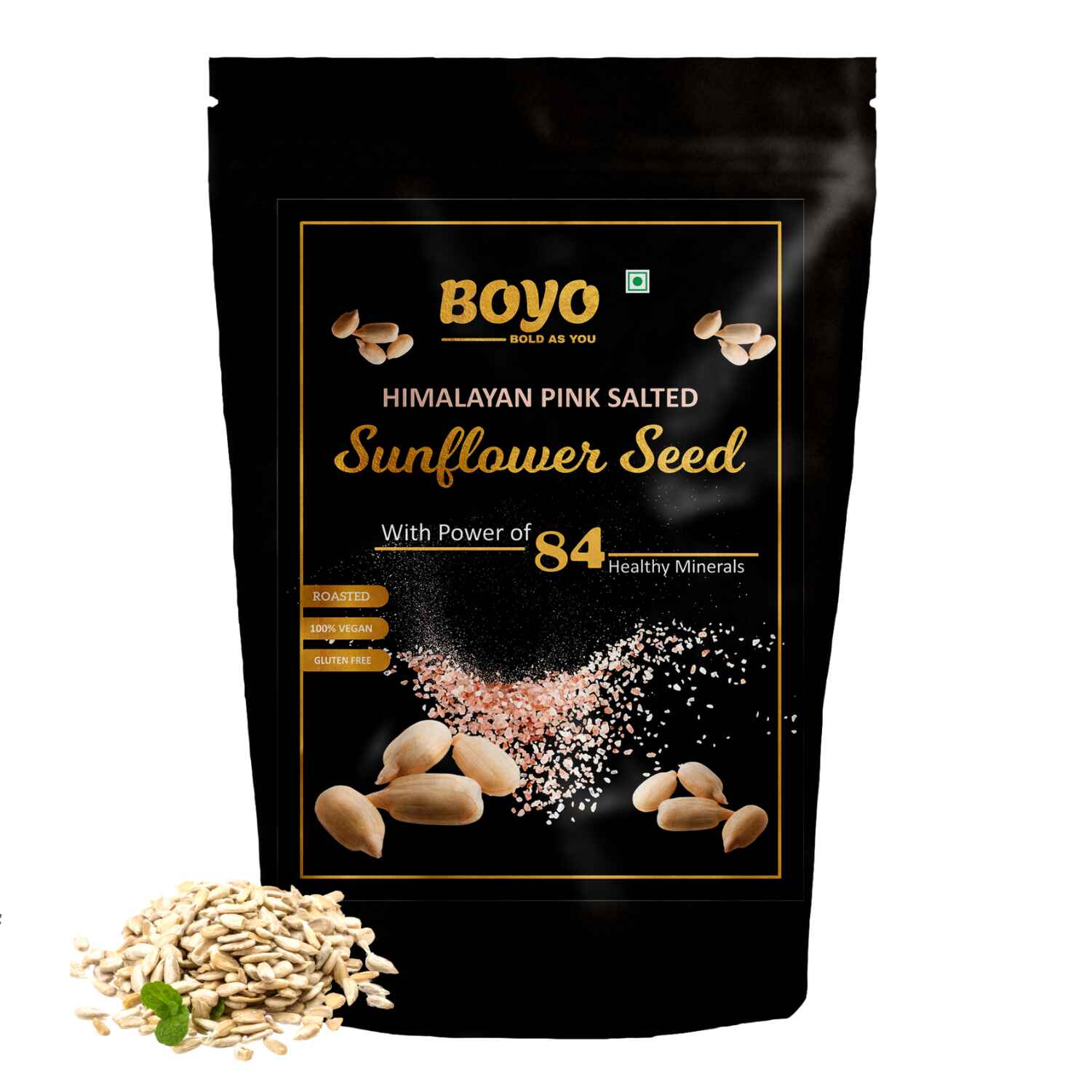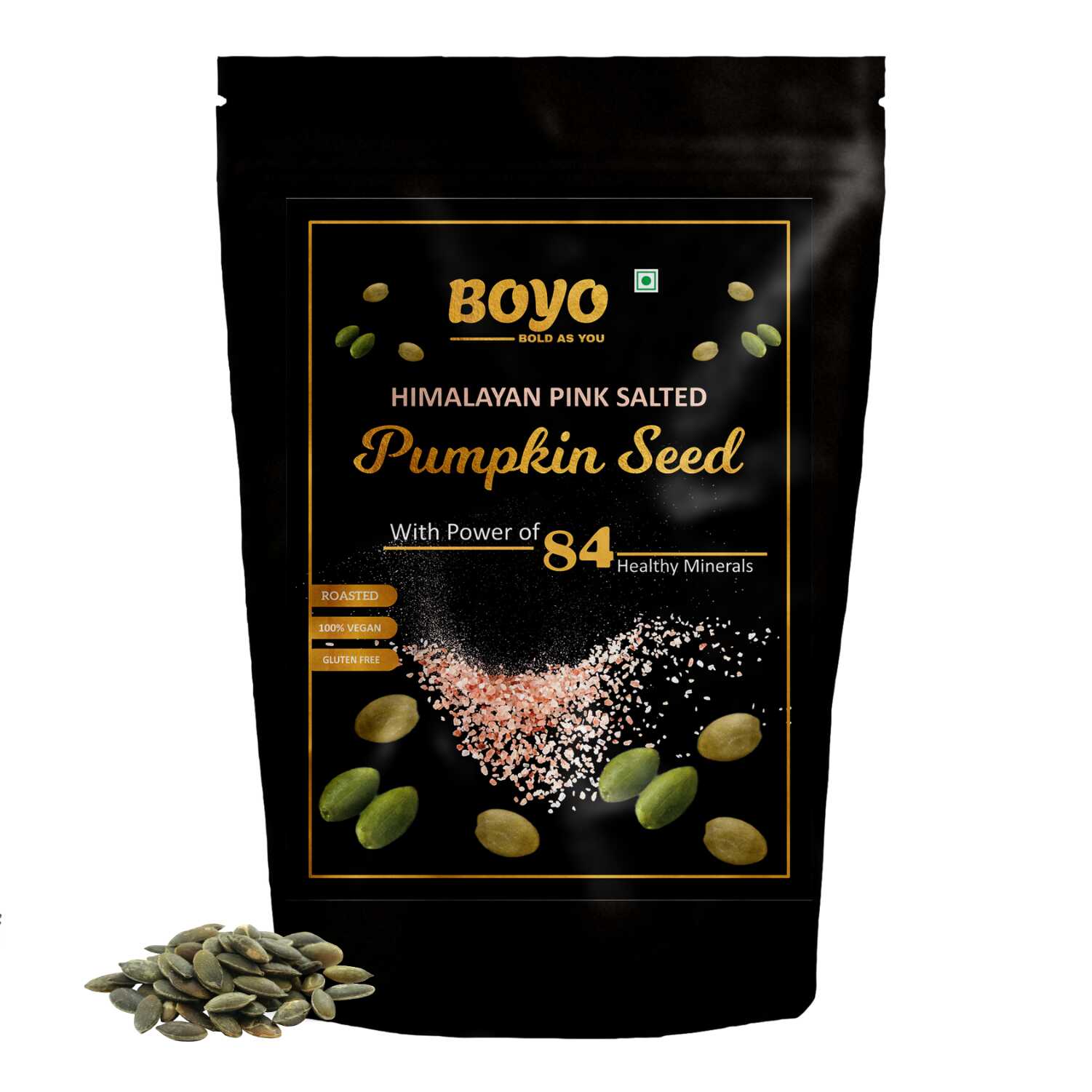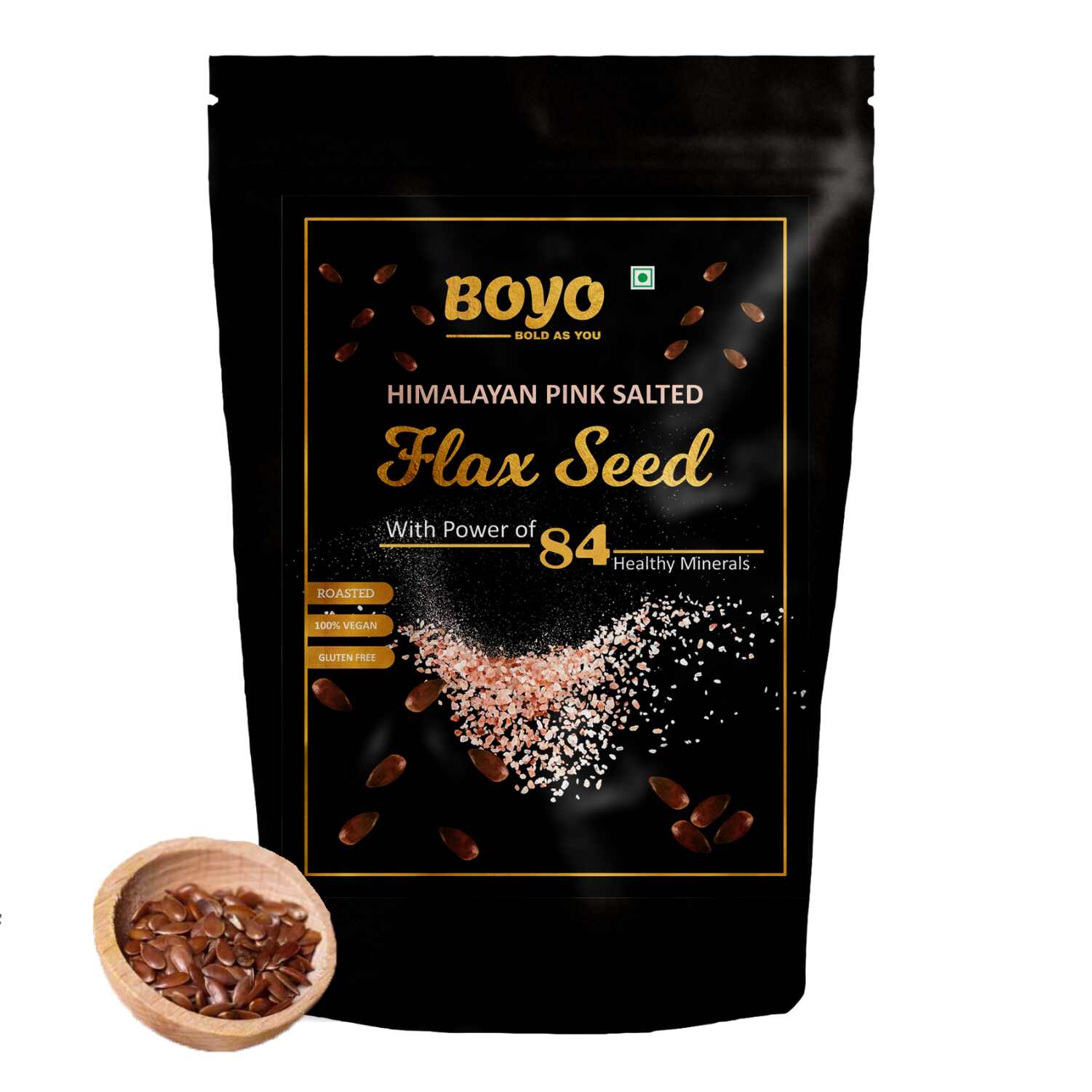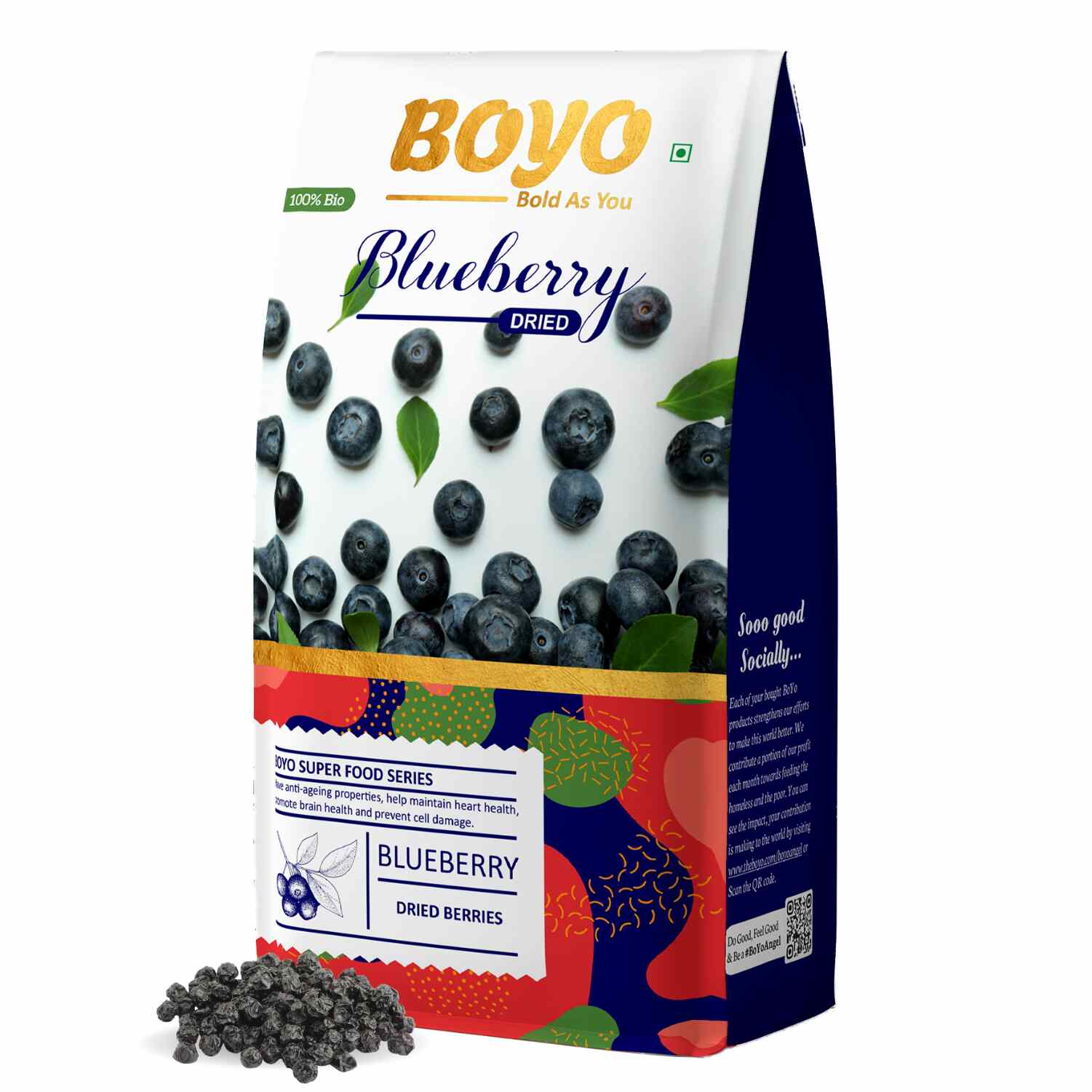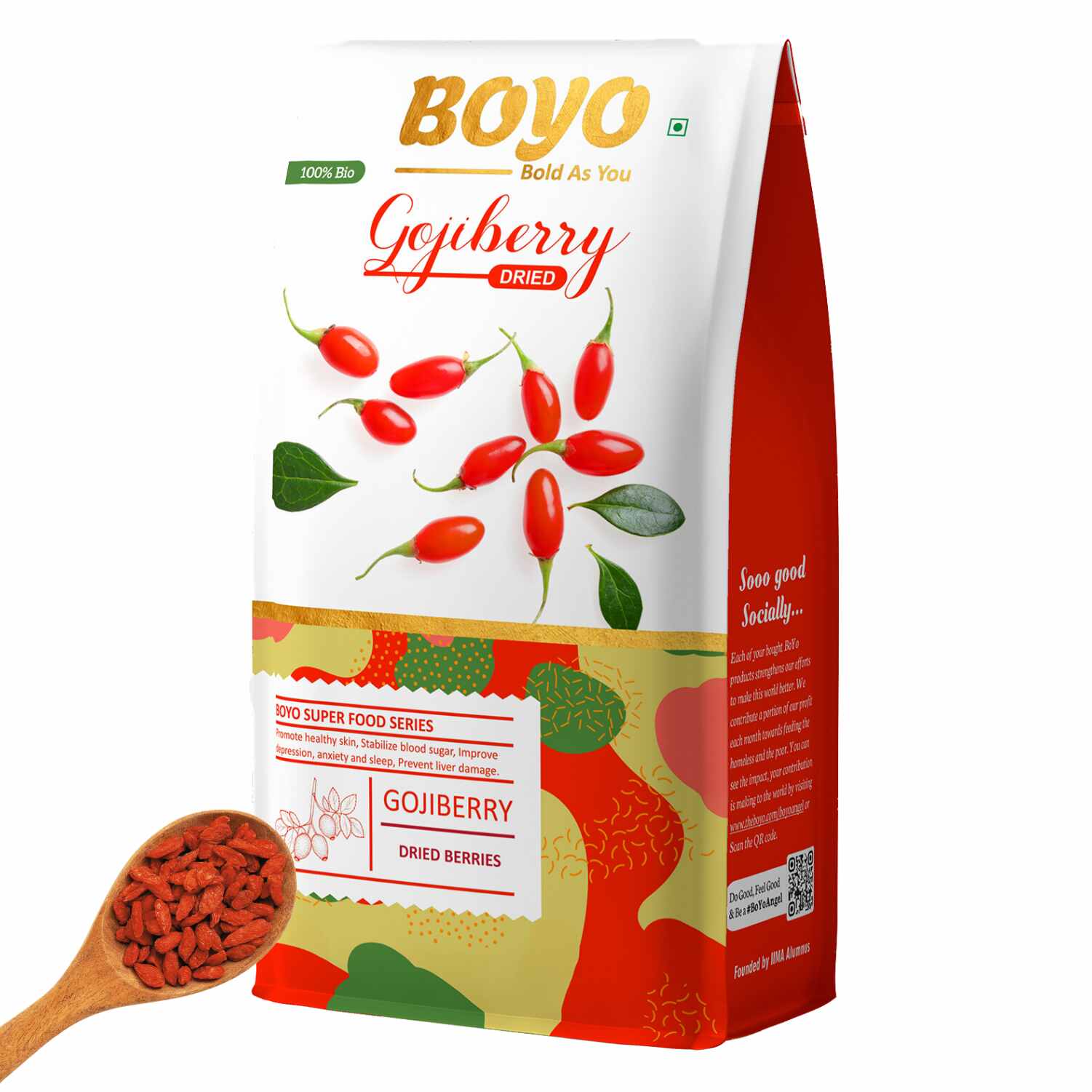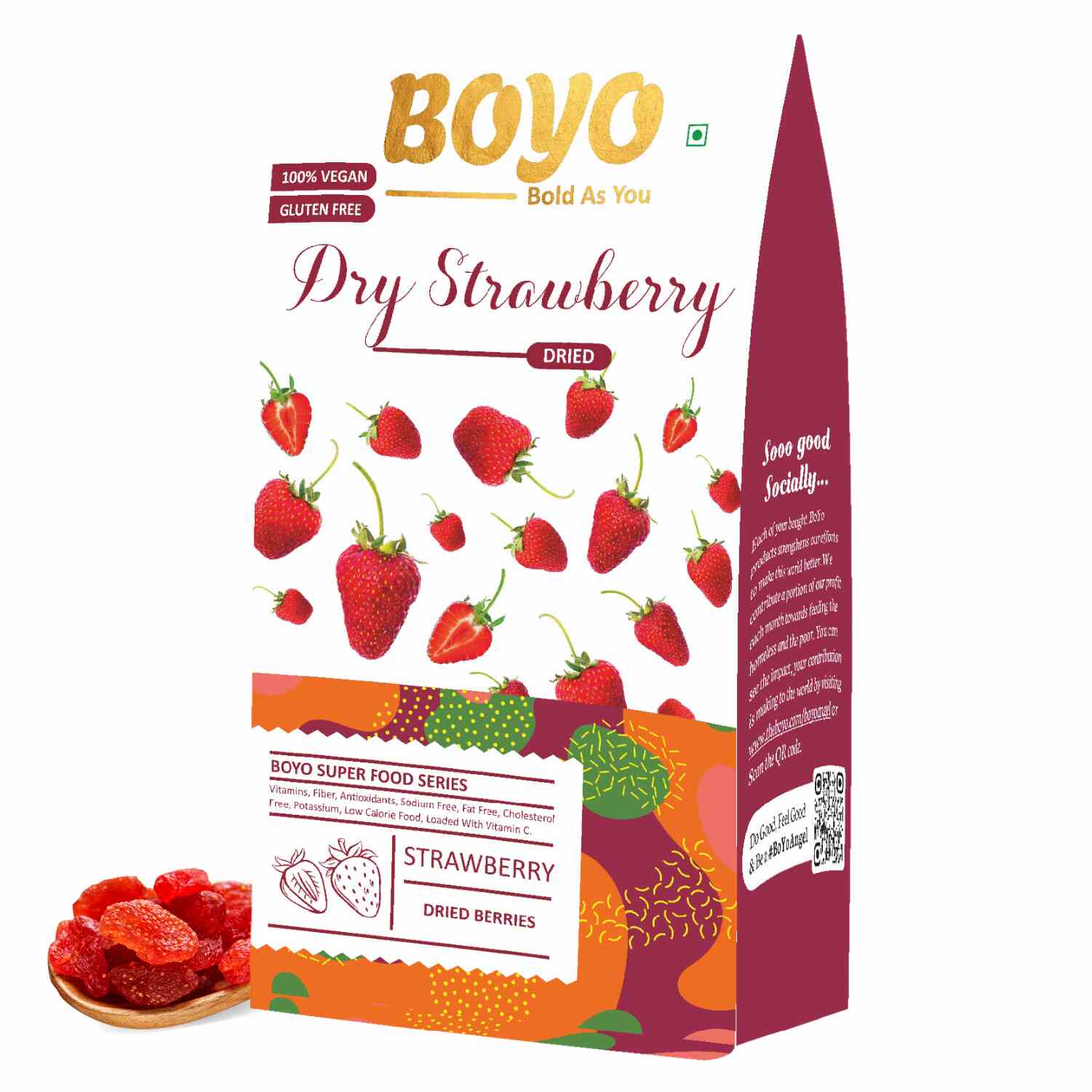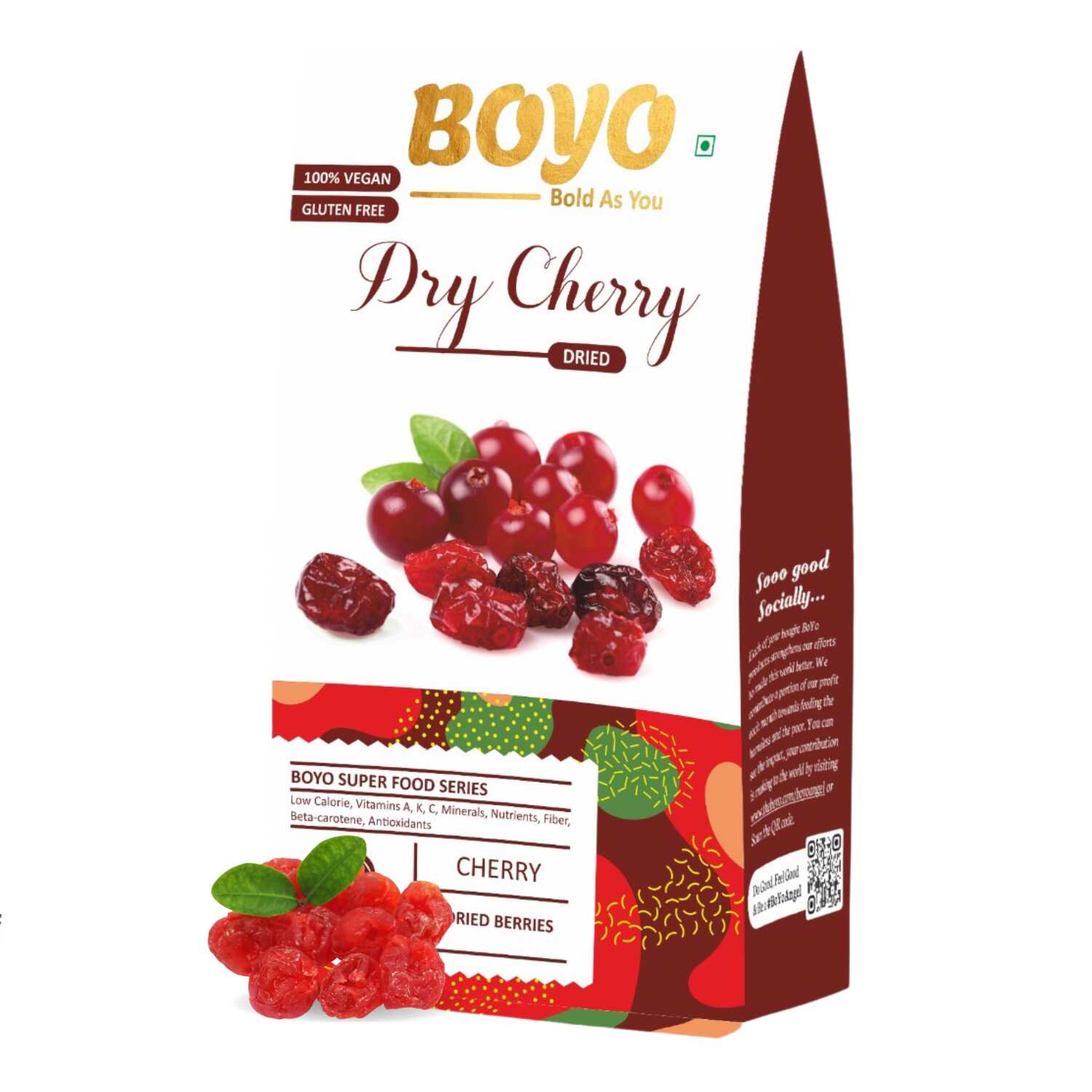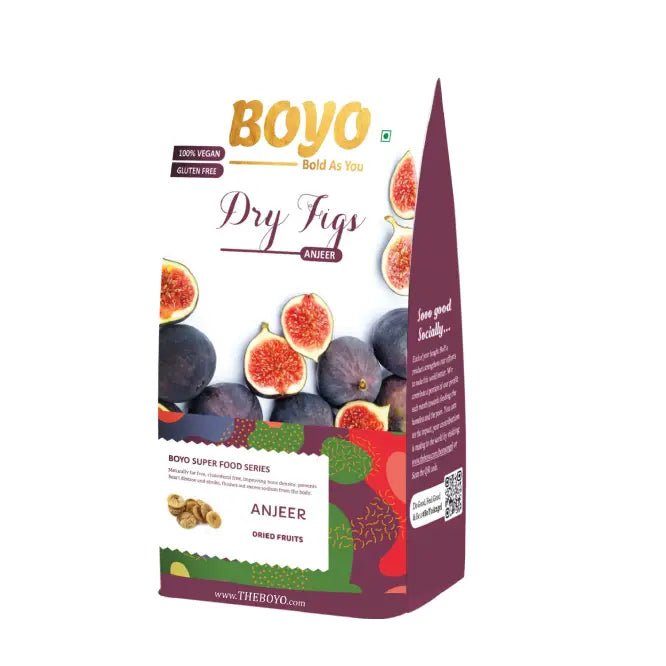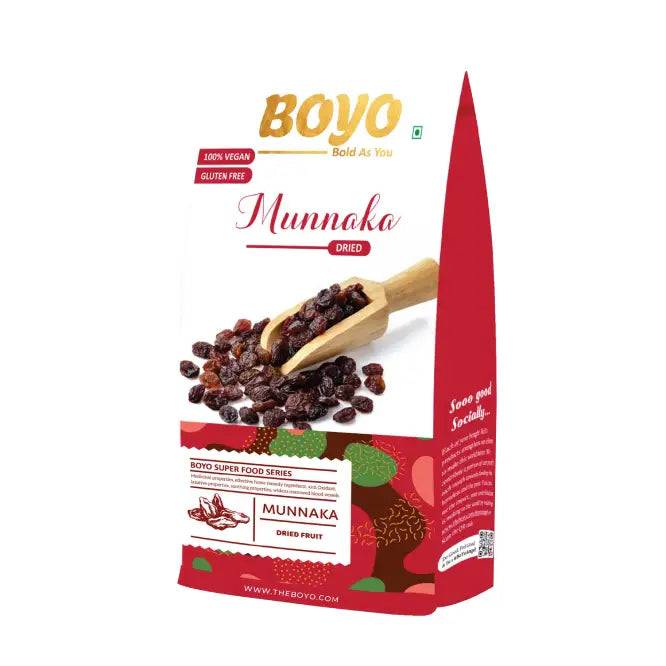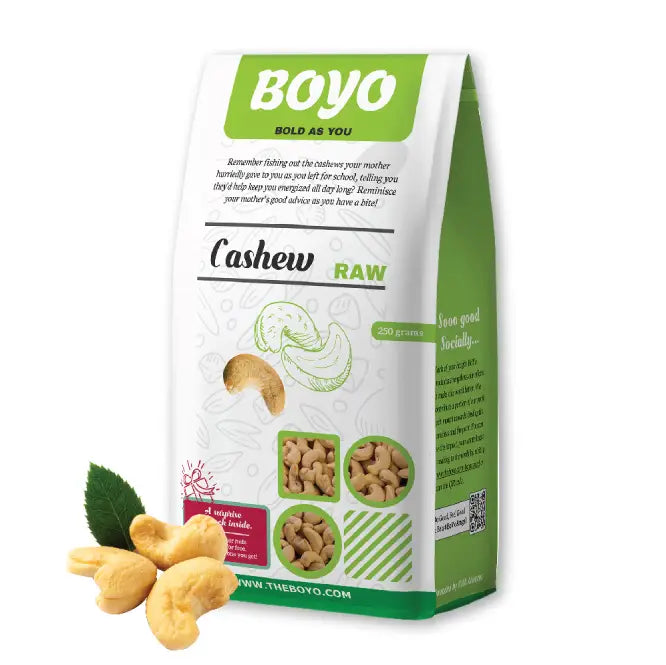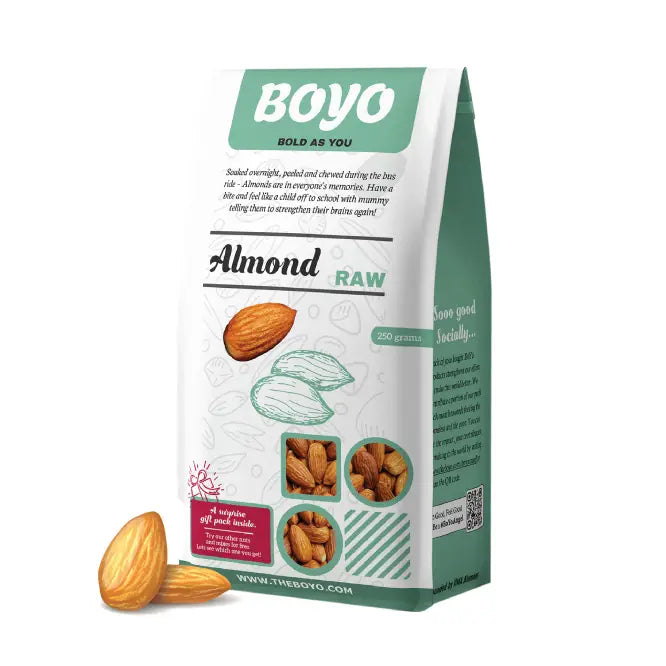-
Nutrient-Rich Berries: Cranberries are small, tart fruits that pack a powerful nutritional punch. They are rich in vitamins C, E, and K, as well as fiber, manganese, and antioxidants, making them a valuable addition to any diet.
-
Urinary Tract Health: One of the most well-known benefits of cranberries is their ability to support urinary tract health. Compounds in cranberries prevent harmful bacteria from adhering to the urinary tract walls, reducing the risk of urinary tract infections (UTIs).
-
Heart Health: Cranberries may also contribute to heart health by reducing inflammation and improving cholesterol levels. The antioxidants in cranberries help protect against oxidative stress and may lower the risk of heart disease.
-
Cancer Prevention: Some studies suggest that the antioxidants in cranberries may have cancer-fighting properties. Cranberries contain phytochemicals that may help inhibit the growth of cancer cells and reduce the risk of certain types of cancer.
-
Digestive Support: The fiber content in cranberries promotes digestive health by supporting regular bowel movements and preventing constipation. Additionally, cranberries contain compounds that may help promote the growth of beneficial gut bacteria.
-
Versatile Culinary Ingredient: Cranberries are incredibly versatile and can be enjoyed in a variety of ways. They can be consumed fresh, dried, or as juice, and are commonly used in cooking and baking to add flavor to dishes such as sauces, salads, muffins, and desserts.
Dried Cranberry Nutrition:
Dried cranberries are a concentrated source of nutrients and offer many of the same health benefits as fresh cranberries. Here are the approximate nutrition facts for a 1-ounce (28-gram) serving of dried cranberries:
- Calories: 93
- Total Fat: 0.3 grams
- Saturated Fat: 0 grams
- Trans Fat: 0 grams
- Cholesterol: 0 milligrams
- Sodium: 1 milligram
- Total Carbohydrates: 25 grams
- Dietary Fiber: 2 grams
- Sugars: 20 grams
- Protein: 0.1 grams
Q1: How are cranberries typically consumed?
Ans. Cranberries can be enjoyed in various forms, including fresh, dried, or as juice. They are commonly used in cooking, baking, and as a topping for cereals or salads.
Q2: Can cranberries be part of a weight-loss diet?
Ans. Cranberries are relatively low in calories and high in fiber, making them a potentially healthy choice for those on a weight-loss diet. However, moderation is key due to their natural sugars.
Q3: Are there any side effects of consuming cranberries?
Ans. In general, cranberries are safe for most people when consumed in moderate amounts. However, excessive intake may cause stomach upset or diarrhea in some individuals.
Q4: Can cranberries be used to make cocktails or beverages?
Ans. Yes, cranberries are commonly used to make cocktails and beverages. Cranberry juice, in particular, is a popular mixer in various drink recipes.
Q5: What is the nutritional value of cranberries?
Ans. Cranberries are a good source of vitamin C, fiber, and various antioxidants. They are also low in calories and fat.
